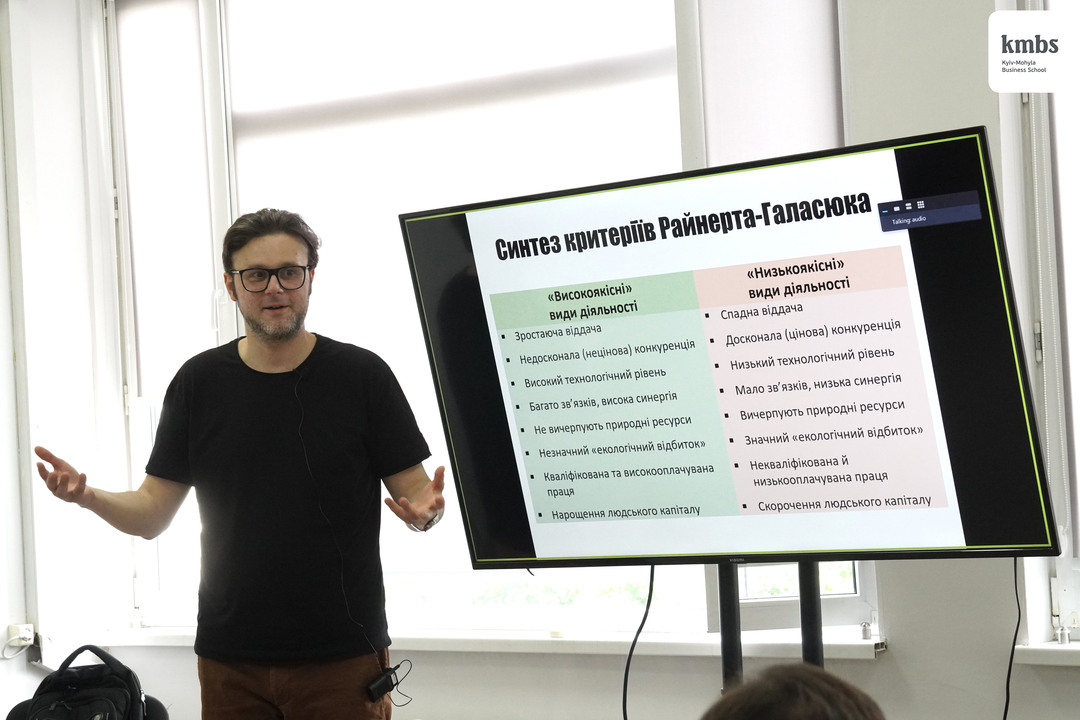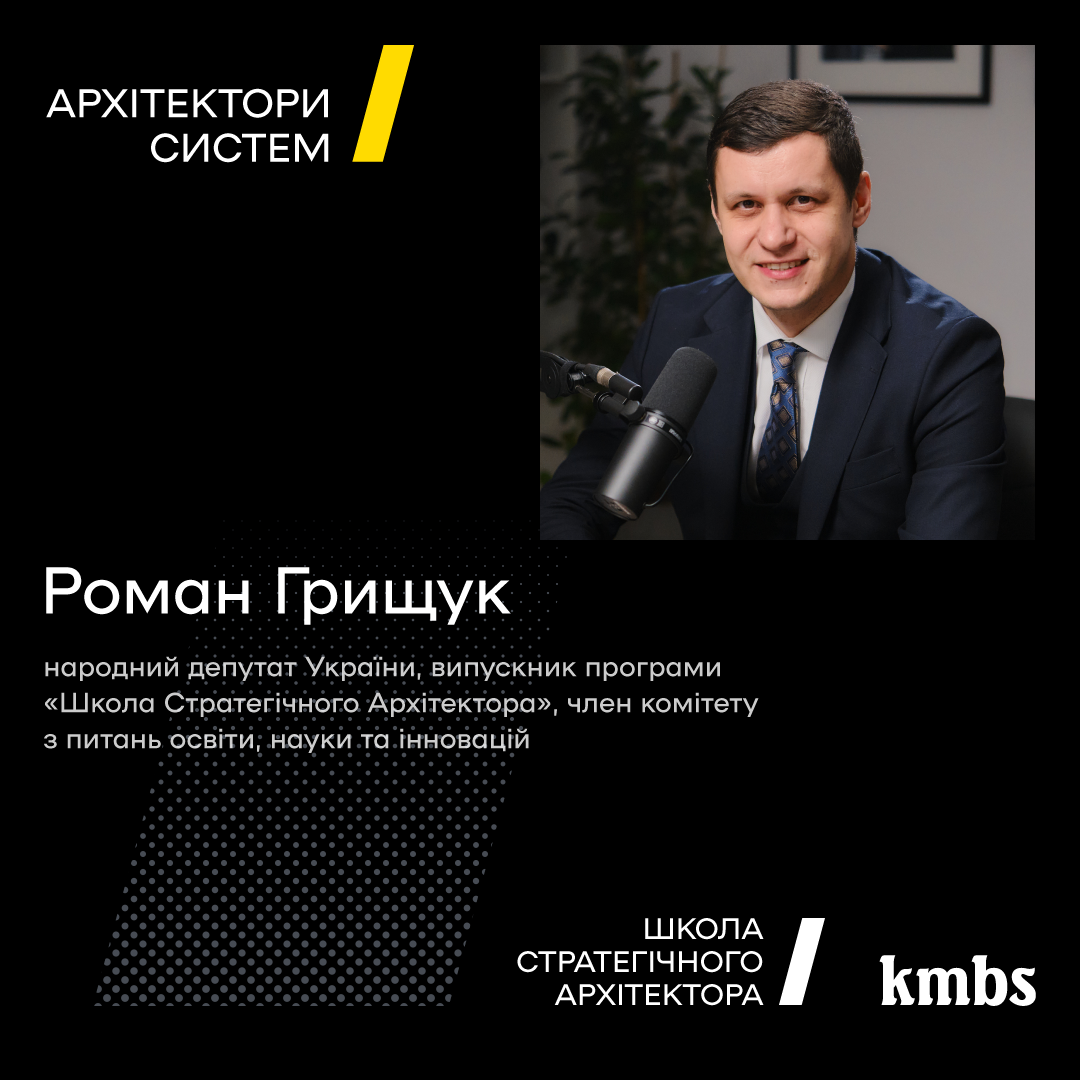Last week, the Presidents' MBA-24 group started the course "Clusters and tools of economic development" with Victor Halasiuk, economist and president of the Ukrainian Association of the Club of Rome. Why is this topic necessary (and even more so — extremely necessary) for managers and business owners? Because it is clusters that dominate the economic map of the modern world.
Mr. Victor gave the group a definition by Michael Porter: a cluster is a critical mass of unusual competitive success in a particular area, concentrated in one place. Interestingly, you can find groups in almost every country, especially developed countries.
For example, an example of a cluster can be considered Silicon Valley, the area of which is only 121 km2, while the GDP is more than $410 billion! Germany produces more than 3 million passenger vehicles, generating 24% of the country's total industrial income. And in the Netherlands, 45.6 billion euros (or 6.2%) of added value is caused by one port — the port of Rotterdam.
The participants of RMVA-24 and the lecturer investigated the advantages the cluster provides to the companies included in it. In particular, Michael Porter argues that a group allows each member to operate as if they had a grander scale or joined forces with other businesses without sacrificing flexibility. Clusters also facilitate the interaction of the private and public sectors, which is historically not the most straightforward task.
Is it possible to create and develop clusters? The answer to this question is rather affirmative. Economist and Harvard University professor Alvin Roth also says this. According to him, although the economic environment is evolving, it is also subject to design. "Entrepreneurs and managers, legislators and regulators, lawyers and judges — all are involved in the design of economic institutions," he claims.
Michael Porter believes that countries need to develop all existing clusters — this should be the basis of their cluster policy. Mr. Viktor agrees with the well-known economist but emphasizes: "In order not to scatter efforts in vain, you must have a strategy. And the strategy is always a choice. We don't have a strategy if we don't have priorities."










